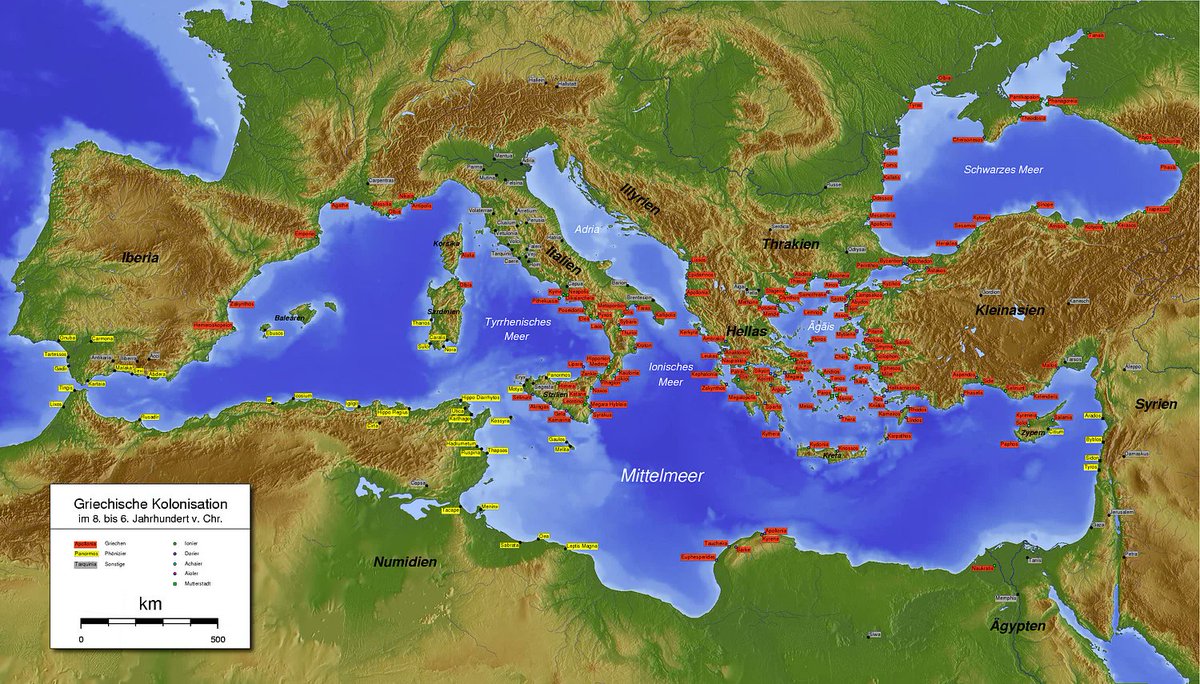On the origins of Napoleon
The single most important thing to understand regarding the background of Napoleon Bonaparte, is that he was born in the Mediterranean. And the Mediterranean, in the words of Braudel, is a sea ringed round by mountains
The single most important thing to understand regarding the background of Napoleon Bonaparte, is that he was born in the Mediterranean. And the Mediterranean, in the words of Braudel, is a sea ringed round by mountains

We like to slice the space horizontally, in our imagination. But what we also need to do is to slice it vertically. Until very recently, projection of power (of culture, of institutions) up had been incomparably more difficult than in literally any horizontal direction. 

Mountains were harsh, impenetrable. They formed a sort of “internal Siberia” in this mild region. Just a few miles away, in the coastal lowland, you had olives and vineyards. Up in the highland, you could have blizzards, and many feet of snow blocking connections with the world. 

Mountains were poor, infertile. They generated a large population surplus they could not feed. And so, the highlanders travelled down to sell their labor working on farms, building cathedrals, or as the mercenaries of lowland kings.
Highland countries were mercenary countries
Highland countries were mercenary countries

Now another thing to understand is that civilisation in the Mediterranean had always been a lowland phenomenon. Down in the coastal strip you had grain farming, cities, seaports, religion, organised polities. None of that really climbed up the mountains, not until the 20th c. 

If you want to visualise the Mediterranean civilisation, you must imagine it as a patchwork of coastal strips connected by the sea. And you also need to imagine it as bordering its own internal Siberia, the internal Indies lying in just a few miles away.
patreon.com/posts/on-origi…
patreon.com/posts/on-origi…
You can also read here kamilkazani.substack.com/publish/posts/…
• • •
Missing some Tweet in this thread? You can try to
force a refresh





